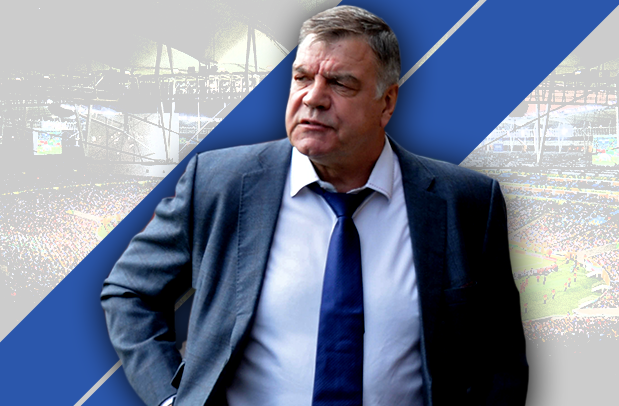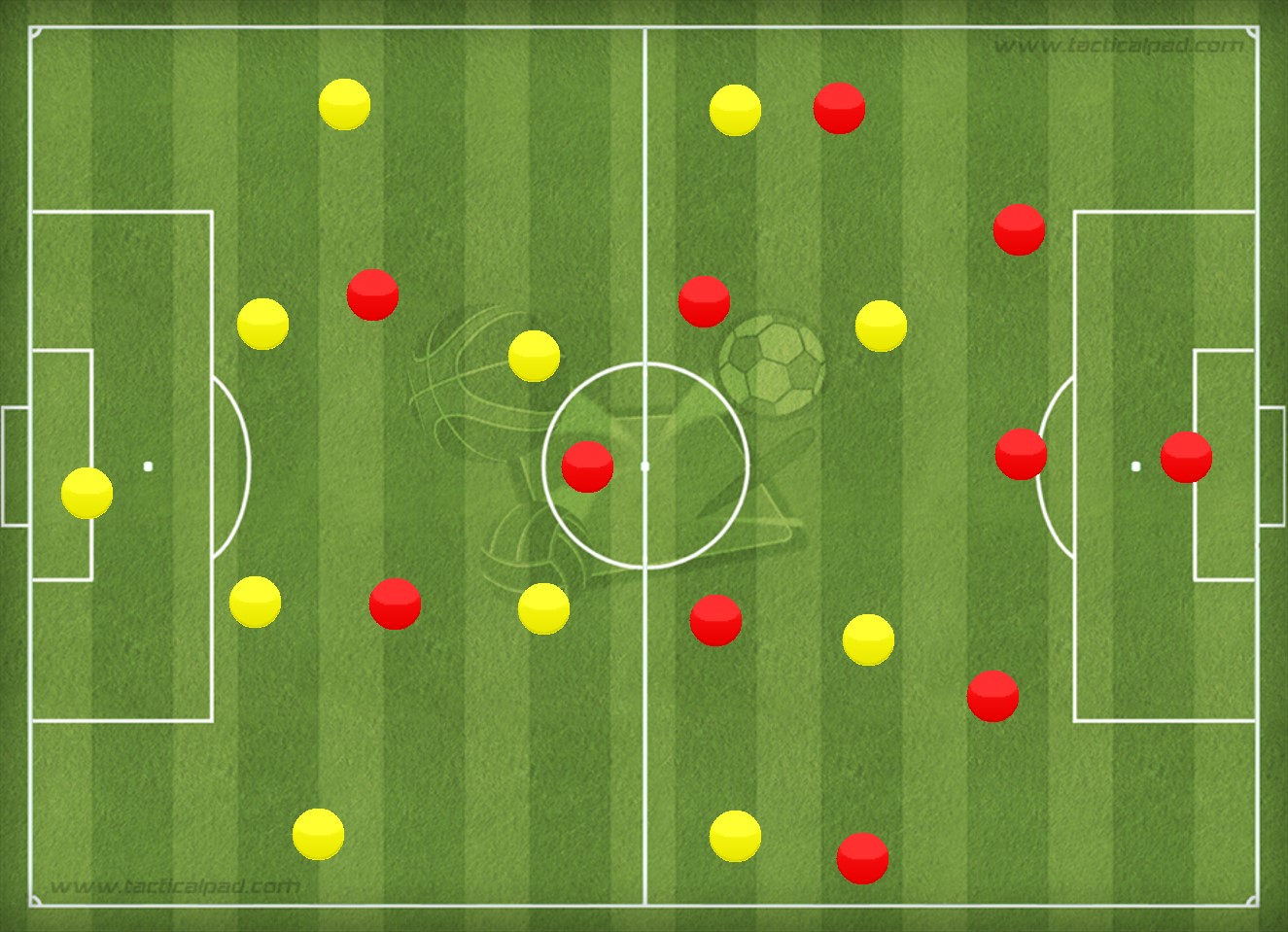Harry Dodsworth has a critical look at the hunt for the new England manager and laments the FA’s perplexing predictability.

Following the dismissal of Roy Hodgson, the English FA have begun their search for a new manager. At the time of writing, the leading candidates are Sam Allardyce and Steve Bruce, with the former considered to be the front-runner.
It is a move that, given the FA’s history, is somehow perplexing and predictable at the same time. Once more, England fans must make the decision whether they wish to smash their heads so very hard against the rock or the hard place.
For all the search committees, external “football experts”, and interviews, it seems the FA needn’t have gone to the trouble. They could’ve simply walked to the shelf, dusted off the old cookbook, found the F’s, and located their tried and trusted recipe for f***ing disaster.
That recipe, in a nutshell, is experience.
Upon first reading, it may sound unintuitive that an experienced manager is a blueprint for failure, however allow me to explain. The England manager’s job, and indeed international footballing jobs as a whole, do not possess the allure they used to. Elite managers do not want to manage England; as Sir Alex Ferguson put it “It wasn’t a bed of nails I was ever tempted to lie on.”
And why would it be? An astronomically high potential for failure, minimal time spent coaching, and significant media scrutiny are just a few features of what is one of the most demanding jobs in world football. It is a poisoned chalice, and anyone with anything to lose wouldn’t risk drinking from it.
Put simply, anyone that has both considerable experience AND is talented enough to guide England to a major tournament win, doesn’t want the job. This leaves the FA with two pools of candidates: those who possess considerable experience yet have proven they are not elite managers and those who do not possess vast experience yet have the potential to be elite managers.
While people like Sam Allardyce and Steve Bruce have 38 years of managerial experience to boast between them, it is that very experience that highlights why they should not be considered for the England job. Their experience has proven that they are mediocre managers. While both are underrated in the sense that they are often only entrusted with relegation threatened teams when they are certainly good enough to manage stable, mid-table sides. Yet, in relation to the talent needed for the England manager’s job, both are undeniably mediocre candidates who have never shown anything to suggest otherwise.
This leaves us with one pool of candidates left, those who do not possess the experience to confirm they are good enough yet have shown signs that they may be. These are the young managers who are on an upwards trend. These are the Eddie Howe’s of the managerial world, and to my mind, there is no reason they should play second fiddle to the Sam Allardyce’s of the world.
Why should proven mediocrity outweigh potential talent? At this point in time, there are not many people who would dare to suggest that Sam Allardyce possesses more managerial ability than Eddie Howe, yet somehow he is seen as a safer choice because he has more experience. Put simply, Sam Allardyce has been mediocre for longer than Howe has been good. In the FA’s line of thinking, because Big Sam’s mediocre 24 years are a more reliable indicator of future performance than Howe’s good 8 years, Big Sam is the better candidate.
Allardyce is safe. They know what they are going to get. Howe is unpredictable, he may be very good or he may be very bad. But what difference does it make to a nation like England whether they go out in the last 16 or in the group stages? The difference between Allardyce’s mediocre and Howe’s bad is not significant. But what about winning it? The difference between Allardyce’s mediocre and Howe’s good is significant.
England need to look no further than the player recruitment model of their own champions, Leicester City, to shape their own managerial recruitment model. Like England cannot sign a world class manager, Leicester were not able to sign world class players. However, instead of signing experienced Premier League players who had proven their mediocrity, like many teams do in their situation, they looked to players with less experience but more potential. In other words, they were practicing a form of talent spotting that looked at intangible ability, rather than tangible results (goals, assists, etc.).
Most notably, they secured the signatures of N’Golo Kanté (£5.6m) and Riyad Mahrez (£750k) from French Ligue 2 sides, and Jamie Vardy (£1m) from non-league side Fleetwood Town. These three players, who were the driving force behind Leicester’s historic Premier League win, were undoubtedly world class last season and Leicester were able to sign them because they did so before they were world class. Without the keen eye of Steve Walsh, Leicester would’ve likely opted for trusted mediocre players that would’ve delivered a trusted mediocre season.
If England wish to buck their trend of perpetual mediocrity, they must start searching for the next N’Golo Kanté, not the next Lee Cattermole.
Written by Harry Dodsworth
- Experience will damn England to mediocrity - July 21, 2016
- Michael Carrick — England’s neglected Pianist - March 30, 2015
- Did the long ball tactic really ruin English football? - February 25, 2015
























































